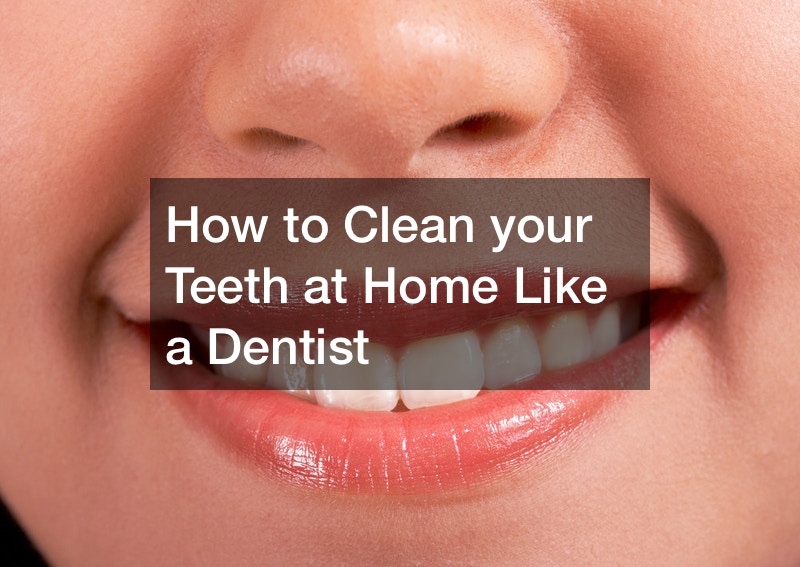The dentist should be flossing your teeth every day at least. You should do it before going to sleep. To remove food and plaque that has accumulated between your teeth floss after brushing.
There are various kinds of floss. There are two types of floss which are widely available: waxed and unwaxed. However, while they all have exactly the same function, various types, like water floss or super floss, can also be recommended. Check with dental professionals for the most trusted and effective flossing method.
Use a Mouthwash
Make use of a mouthwash for cleaning your mouth after you have removed food-related particles and food residues. This remedy fights bacteria and ensures fresh breath over time. It uses antiseptic ingredients to strengthen enamel and prevent plaque from building up.
An oral rinse is only efficient when it is used properly. This isn’t a substitute to brush your teeth. It enhances the process of combating the bacteria responsible for causing disease. Mouthwashes are the most effective method to avoid the development of gum disease and tooth decay.
Procedural
After brushing your teeth and flossing, mouth rinses work best. Make sure you brush thoroughly before getting rid of any debris or plaque. Apply between 3 and 5 teaspoons of mouthwash every day.
Pour the mouthwash in the measuring cup, then empty it in your mouth. Rinse for 30 seconds to one minute, then spit it out. It is important to not consume the liquid. Use mouthwash every day at least two times. It is suggested to use your mouthwash at least once per every day.
The Journal of Oral and MaxillioFacial Research states that mouthwash can be used to combat signs like swelling and gum disease and ulcers. In addition, fluoride-rich mouth rinses help strengthen teeth and prevent plaque.
Critical Information About Oral Rinses
A majority of rinses for oral use contain fluoride as well as alcohol in huge volume. De
4qbui36qp8.
